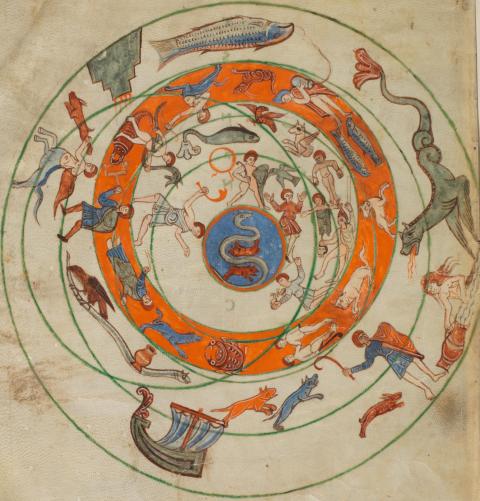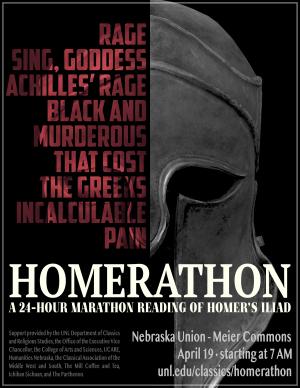SCS Blog Author Page
Posts by Matthew Loar

|
Blog: Classics and the “Flyover States”: Remembering the Morrill Act in Middle America
At last year’s SCS annual meeting in Boston, the Program Committee sponsored a panel called “Rhetoric: Then and Now.” Among the speakers constituting that panel was Princeton University Professor Dan-el Padilla Peralta, who, in lamenting the “inadequacy” and “meagerness” of a number of recent efforts in the field to diversify and expand access, delivered the following provocation: “perhaps it is time for this contemporary configuration of Classics to die so that it might be born into a new life.” In response to Padilla Peralta’s provocation, I cheekily stood up and asked him where Classics ought to die and where it ought to live. (Full disclosure: Padilla Peralta and I are good friends from graduate school.) I asked this question because, living and working in flyover country—in the state of Nebraska—I can say that Classics here (and in the Midwestern states Read more … |

|
Blog: The Oral Tradition: How Classics Students Organized a Homerathon in Nebraska
With the thermometer outside registering a frigid 29 degrees Fahrenheit at 7am on Thursday, April 19, 2018, a cohort of undergraduate Classics students at the University of Nebraska–Lincoln (UNL) launched their Homerathon: a marathon reading of Stanley Lombardo’s translation of Homer’s Iliad, which ran non-stop until 3am the next morning. The event taught students and listeners a lot about the difficulties and benefits of the ancient tradition of oral poetry—but brought Classics back out into the public sphere and made an argument for its relevance today.
Unlike some other Homerathons, this event took place not in a classroom or [heated] auditorium hived off from the general public, but on the main quad in front of the student union, where thousands of students cross every Read more … |

|
Review: The Packard Humanities Institute (PHI)—Classical Latin Texts
The online Packard Humanities Institute’s Classical Latin Texts (PHI) makes freely available material that was originally included on the PHI’s CD ROM 5.3, issued in 1991. It contains the vast majority of Latin literary texts written before 200 CE, as well as a handful of Latin texts from late antiquity. It therefore offers an alternative to two other free online resources: The Latin Library and the Perseus Project. The former has already been reviewed for this blog by Ted Gellar-Goad, and some of his criticisms of it apply equally to PHI. In particular, due partly to copyright issues, users in search of an apparatus criticus, grammatical reading aids, and any sort of commentary will find none Read more … |

